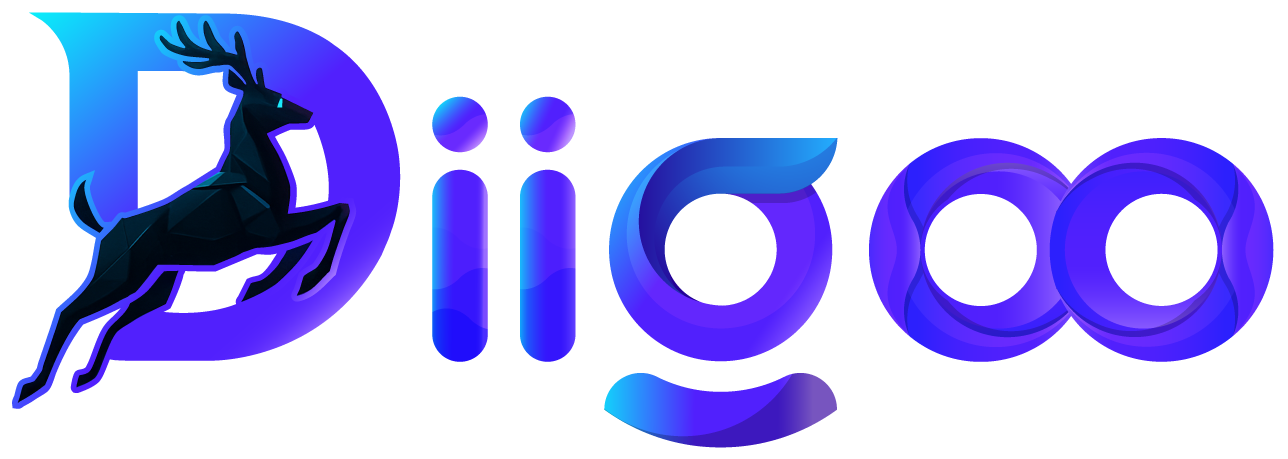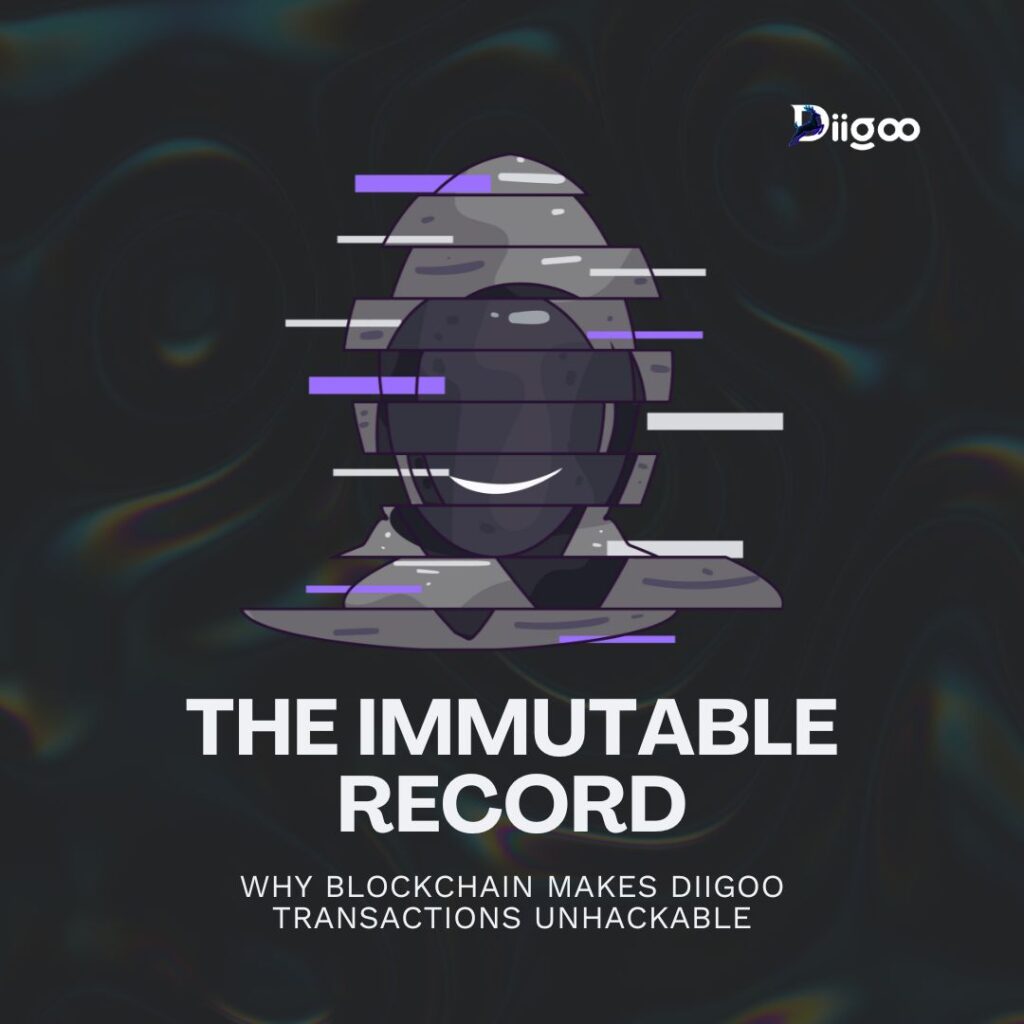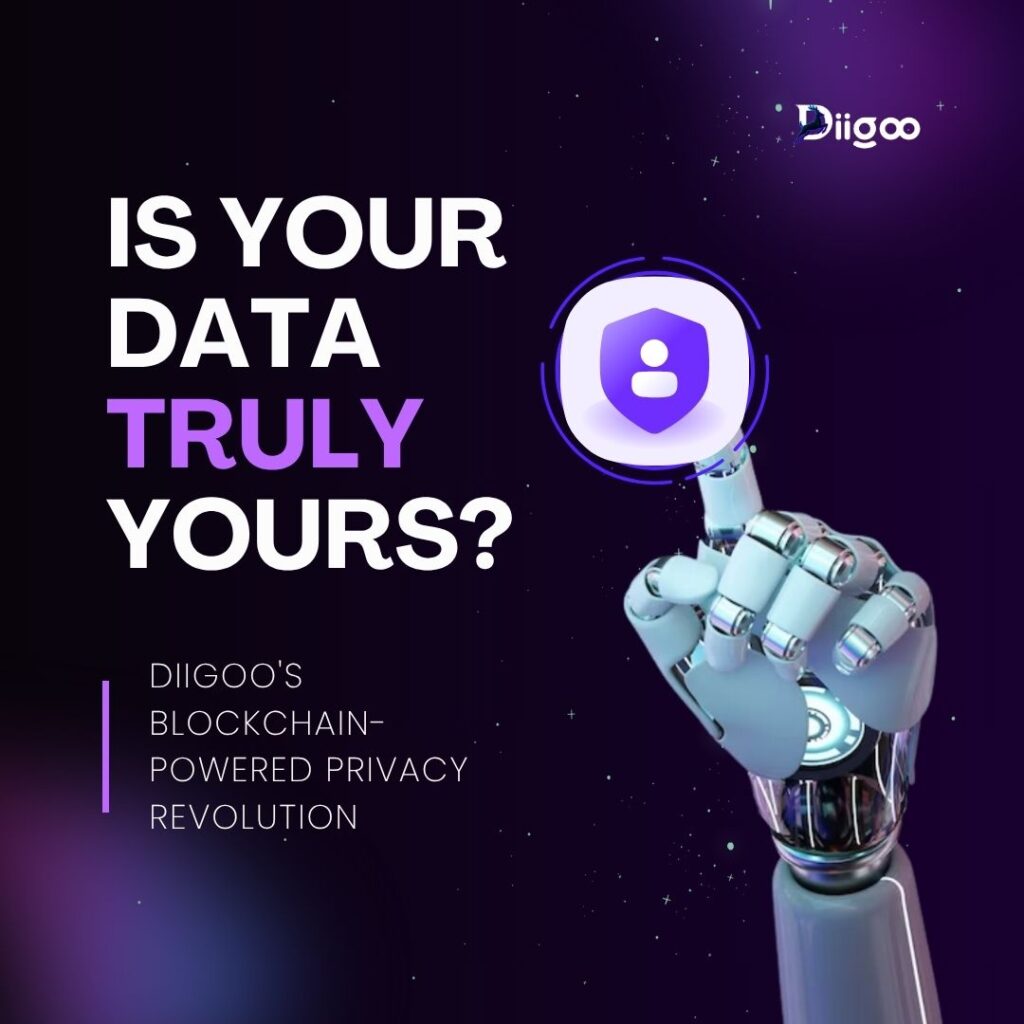In a digital world plagued by data breaches and opaque algorithms, the idea of Diigoo online trust might seem like a distant dream. We’ve largely surrendered our privacy for convenience, navigating a landscape where our data is the product, not our own. But what if you could reclaim your digital life? You’d interact, share, and connect, genuinely assured that your data is yours, your voice heard, and your trust isn’t a commodity.
This isn’t a pipe dream from a sci-fi novel. It’s the core promise of Diigoo, a revolutionary platform building a new paradigm for online interactions. Leveraging the power of Web3 and cutting-edge AI, Diigoo aims to usher in an era where trust isn’t just a buzzword, but an inherent feature of your digital experience.
The Problem with “Free” in Web2: A Trust Deficit
For years, we’ve heard the same warning: ‘If you’re not paying for the product, you are the product. This cynical truth underlies the current Web2 landscape. Our social media feeds, our search results, even the ads we see, are all meticulously curated by centralized entities whose primary goal is often engagement for profit. This system has led to a significant trust deficit. We question the authenticity of news, the motives behind content promotion, and the security of our personal information. Our data faces harvesting, analysis, and often, sale. This makes us feel vulnerable and exploited.
This lack of control and transparency has fueled a growing disillusionment. We’ve witnessed how centralized platforms can censor content, manipulate narratives, and even influence real-world events, all without truly being accountable to their users. A precarious trust in distant, often faceless, corporations underpins our online interactions. This foundation needs change. It’s time for a fundamental shift.
Diigoo: Trust Through Blockchain & AI
Blockchain technology forms the bedrock of Diigoo’s approach. This fundamentally alters how users own, manage, and share data. Imagine a social media platform where:
- Your Data is Truly Yours: Instead of your content residing on a central server owned by a corporation, it lives on a decentralized blockchain. This means you retain true ownership and control over your data. You control its visibility and usage. You also determine its monetization.
- Transparency and Immutability: Every interaction, every piece of content, every transaction on the Diigoo platform is recorded on an immutable ledger. This provides an unprecedented level of transparency and eliminates the possibility of hidden agendas or manipulated information. You can verify the authenticity of interactions and content, building genuine trust.
- Empowering the Individual: Diigoo’s decentralized nature means power shifts from corporate giants to the individual user. Through mechanisms like tokenization, users can be directly rewarded for their contributions and participation, fostering a more equitable and engaging digital economy.
But Diigoo doesn’t stop at decentralization. It integrates Artificial Intelligence (AI) in a way that enhances, rather than compromises, trust. Instead of AI being a tool for surveillance or manipulation, Diigoo leverages it for:
- Diigoo’s AI tailors content recommendations based on your preferences. You maintain full control and transparency over the data it uses. It’s about enhancing your experience, not steering your decisions.
- AI plays a crucial role in smart moderation. It efficiently identifies and flags malicious content and bad actors, avoiding human biases. This creates a safer and more trustworthy environment for everyone.
The Diigoo Promise isn’t just about a new platform; it’s about a new philosophy for the internet. It’s about rebuilding the eroded trust in our online interactions by putting ownership, transparency, and individual empowerment at the forefront. As we move further into the Web3 era, platforms like Diigoo offer a compelling vision of a digital future where you can finally, truly trust your online interactions.




